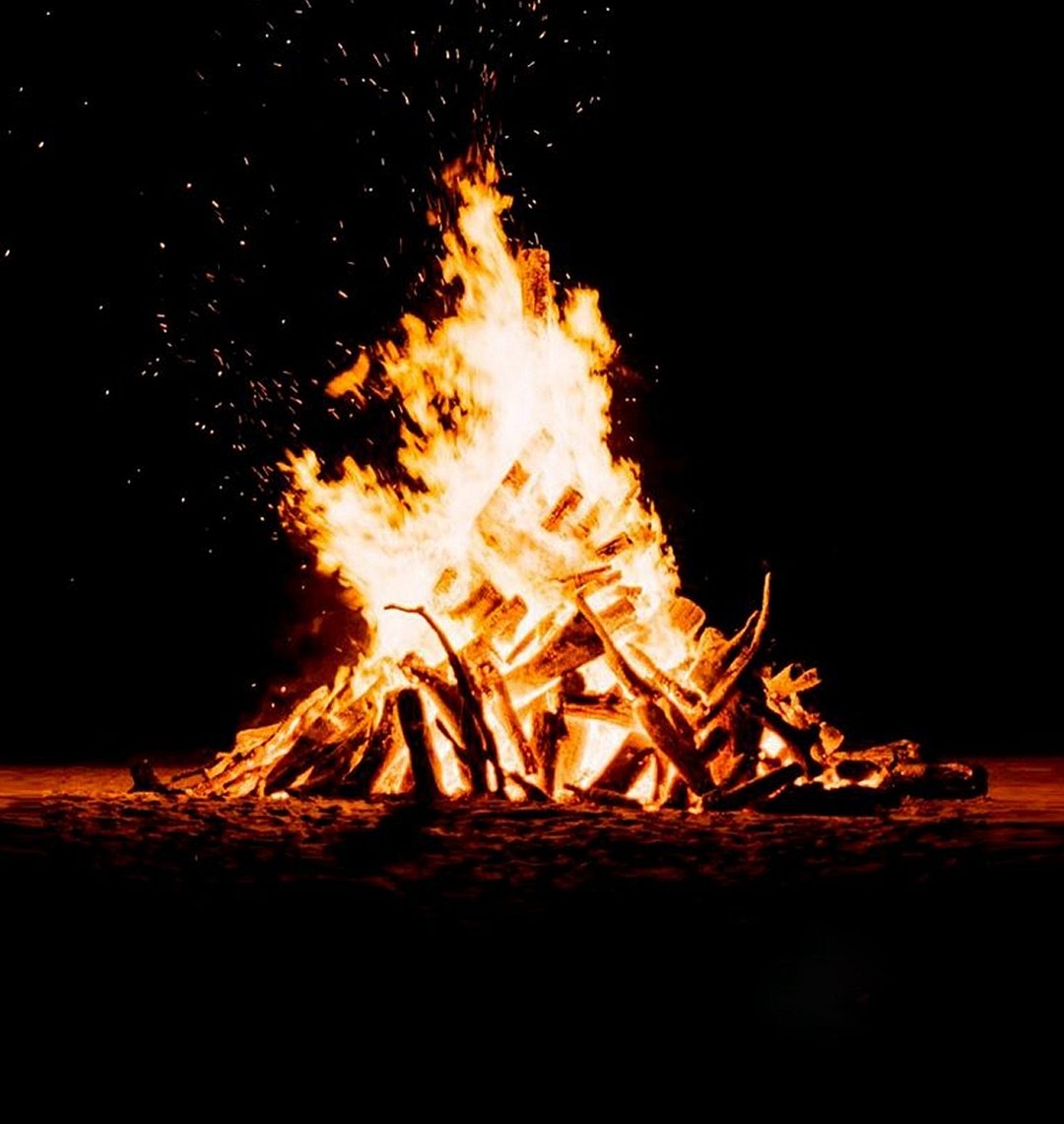Lohri, a cherished winter festival, finds its roots in the cultural fabric of Northern India, with a particular resonance in the states of Punjab and Haryana. Its popularity extends beyond these regions to encompass the entire country. Different names in various areas, such as Pongal in South India, Bhogi in Andhra Pradesh, Bhugali Bihu in Assam, Uttarayan in Gujarat, and Makar Sankranti in Central India, know the festival.
Despite regional variations, Lohri consistently signifies the end of the harvesting season and the joyous welcome of spring after winter. It symbolically marks the conclusion of winter, indicating the passage of the winter solstice and the arrival of longer days as the sun moves to the Northern Hemisphere. Observed on the night before Maghi in line with the solar aspect of the lunisolar Punjabi calendar, Lohri usually falls on January 13 or 14 in the Gregorian calendar. This year, it is being marked on January 13.




